Your Name Won't Save You.
From Katy Perry to Kate Spade, fame didn’t protect their names — filings did. | I Am What an Intellectual Property Attorney Looks Like.
Hey Fam,
Let’s talk about names — specifically, how even the most iconic names can fail to hold weight without the right legal protection behind them.
Take pop superstar Katy Perry, for example.
In 2023, she lost a trademark battle in Australia against fashion designer Katie Jane Taylor, who had been selling clothing under the label Katie Perry (her real, legal name) since 2007 — years before the pop singer’s fame went global.
A judge originally ruled that some of the pop singer’s merchandise sold during a 2014 tour in Australia infringed on the designer’s rights, even though both women had built their respective brands independently.
In November 2024, an appeals court overturned that decision — siding with the singer.
Why?
Because Katy Perry, the musician, had built a global reputation long before Katie Taylor filed for her trademark, and the court found that Taylor likely filed with knowledge of that fame.
So the person with the legal name, Katie Perry, lost against the person with the stage name, Katy Perry.
Legal takeaway?
Even if it’s your birth name, if someone else has built significant brand equity around a confusingly similar mark, and they beat you to filing — you may still lose the right to use it commercially.
In other words, your name won’t save you in trademark law.
In this Founder’s Letter, we’re unpacking the tricky relationship between names and brands — and how conflating the two can be dangerous for your trademark strategy.
And we’re going to explore that through three real-world examples, starting with the Brand Queen herself - Rihanna Fenty.
Ready?
Let’s get into it.
Loving This Post?
Show us some love by adding a “❤️” or commenting below; this will make our hearts sing.
But First, Church Announcements:
Introducing the “Leverage Your Brilliance” Series
Starting this October, I’m thrilled to announce a new four-part workshop series designed for creators, thought leaders, and culture-shapers who want to protect, monetize, and leverage their brilliance.
Whether you’re a speaker, musician, educator, or entrepreneur — your ideas are valuable.
And it’s time to treat them that way.
Each week, we’ll dive into a different area of intellectual property (IP), giving you tangible strategies to safeguard your work and position your brilliance for long-term impact and income.
All sessions will be held at 8 a.m. PST on the following Thursdays:
So Register Here to Save the Dates:
October 16October 30
November 13
December 4
Workshop Lineup:
What to Do Before You Brand: October 16, 2025The pre-legal foundation that helps you build a brand worth protecting.
[REGISTER ASAP | SPOTS LIMITED] - Copyrights for the Culture: October 30, 2025
From music to course materials, learn how to protect the creative works you’ve poured your soul into.
Introduction to IP Licensing: November 13, 2025
A breakdown of how licensing works, what to watch for, and how to get paid while keeping ownership.
Social Impact Licensing: Success Stories: December 4, 2025
Real-life case studies of brands who’ve turned impact into income without compromising their mission.
Sign Up for Our Third Workshop Here:
Let’s close the year strong — with strategy, clarity, and protection for the intellectual property that’s been building your legacy all along.
Now, back to our regularly scheduled program…. :)
Names You Know. Brands They Didn’t Own.
Let’s look at some other real-life examples where name recognition wasn’t enough:
Just because you had the name first doesn’t mean you own the name outright.
Take Fenty vs. Fenty, where Rihanna sued her dad over their name.
Here’s the thing: Rihanna wasn’t just building a music career — she was building an empire.
After rising to superstardom with her blend of Caribbean roots and global pop appeal, she became more than a chart-topping artist — she became a billion-dollar businesswoman.
On her path to doing so, under her company Roraj Trade LLC, Rihanna has filed over 150 trademark applications with the U.S. Patent and Trademark Office. These include filings for:
RIHANNA — her name in connection with bath gels, jewelry, clothing, perfume, and more.
FENTY — her surname used as the umbrella for her booming product lines like Fenty Beauty, Fenty Skin, and Savage X Fenty.
These filings span multiple classes — cosmetics, skincare, entertainment, fashion — and they represent a brand portfolio that helped Rihanna cross the threshold into billionaire status.
So you’d think a shared last name would mean shared branding rights, right?
Wrong.
In 2019, Rihanna sued her own father, Ronald Fenty, after he launched a talent development business under the name Fenty Entertainment — a name that sounded a little too close to home.
To be clear, this wasn’t a personal attack.
It was brand protection.
Rihanna alleged that her father was leveraging her well-established trademarks and the goodwill behind the Fenty name for his own commercial gain.
She sought and ultimately secured a permanent injunction — stopping him from using the “Fenty” name in connection with his entertainment ventures.
Lesson:
Even if the name is yours biologically, it may not be yours in business.
Rihanna didn’t just rely on family ties — she filed.
She registered.
She enforced.
And that made all the difference.
Just because you created a name, doesn’t mean you’ll always get to keep it.
Designer Kate Spade was a rising star in the fashion world of the 1990s.
With her husband Andy, she built the Kate Spade New York brand from the ground up—starting with a single handbag prototype made from construction paper and scotch tape.
What started as a bold design vision quickly transformed into a fashion empire known for its clean lines, pops of color, and unapologetic femininity.
By the early 2000s, Kate Spade New York was everywhere. The brand had become synonymous with modern luxury and playful sophistication—carried by celebrities, sold in high-end retailers, and celebrated as a symbol of female entrepreneurship.
But in 2006, after years of success, Kate Spade made a decision that would later prove deeply complicated:
She sold the company.
And with that sale, she gave up not only operational control—but also the right to use her own name in any future fashion ventures.
🔁 Read that again:
She gave up the right to use her own name.
That’s because when you sell a brand, you often sell the trademarks associated with it—including your name if it’s the core identifier.
In Kate’s case, her name was the brand.
And legally, the rights to that name now belonged to the new owners.
Fast forward several years. After taking time off to raise her daughter, Kate was ready to return to the fashion industry. But here’s the catch:
She couldn’t use the name “Kate Spade.”
So she did what entrepreneurs do—she innovated. In 2016, she launched a new line called Frances Valentine, named after her daughter. The style was unmistakably hers: bold, bright, elegant. But nowhere on the label could it say Kate Spade—even though Kate Spade was behind it all.
She even legally changed her name to Kate Valentine to help link herself to the new brand without infringing on the trademarks she no longer owned.
That’s how far she had to go to rebuild what she had once created.
💔 And perhaps most bittersweet of all?
After her tragic death in 2018, her family couldn’t build under the “Kate Spade” name either. It still belonged to the company.
Lesson:
You can sell your name. And once it’s gone, you might not be able to get it back.
Kate Spade built her brand from scratch—but legally, someone else owned the rights to it.
She created the value.
But she no longer controlled it.
When you hear Mariah Carey, you immediately think of the holiday season.
Her 1994 hit “All I Want for Christmas Is You” isn’t just a song — it’s a cultural phenomenon.
For me, personally, it signals when I should start putting on my “let’s circle back after the holidays” away message on…
Ahh…good times.
So, as many can agree, Mariah’s name and her voice are synonymous with Christmas itself.
So you’d imagine she’d be able to own the title QUEEN OF CHRISTMAS, right?
In March 2021, her company filed to register that exact phrase for everything from music, apparel, perfumes, to protective masks and even food products.
But here’s the catch: an independent Christmas singer, Elizabeth Chan, had already been calling herself “Queen of Christmas” since at least 2014 — and she formally opposed Carey’s registration.
By November 2022, the TTAB denied Carey’s claim. The board pointed out that:
The mark had been used by someone else previously.
Carey’s company failed to respond to the opposition in time.
Lesson: Even global icons cannot assume ownership of phrases or titles — especially when others have been using them. Recognition and fame don’t automatically give you IP rights.
If your name, your moniker, or your slogan is part of your brand, you must treat it like intellectual property — subject to the same protections, filings, and competitive dynamics as any other asset.
Whether you’re a creative, consultant, entrepreneur, or emerging public figure, if you’re using your name in connection with business or brand-building—you need to treat it like the asset it is.
Here’s what that means:
1. Conduct a Comprehensive Search + File Early
Waiting until your brand gains traction is risky. Someone else might beat you to it—or worse, you might unknowingly infringe on theirs. Conduct a search with an attorney so you can lock down the name without worry.
2. Monitor the Market
Keep an eye out for confusingly similar names. You can’t protect what you don’t enforce.
3. Know What You’re Giving Up
If you sell your business or collaborate with others, read the fine print. Are you giving up your name rights? If so, understand the long-term consequences.
4. Don’t Assume
Even if your name is original or legally yours, that doesn’t mean it’s clear for commercial use. Run a comprehensive trademark search before building your brand around it.
Your Name Is Your Power. Own It.
From Katy to Katie.
From Fenty to Frances Valentine.
From Mariah to Moments Missed.
What’s consistent in all these stories is this: Ownership is intentional.
You don’t get it by default.
You claim it by strategy.
So whether you’re building a personal brand, launching a creative project, or scaling a business—make sure the name you’re investing in is actually yours to own.
Because in the world of trademarks, the real winners aren’t just the loudest voices.
They’re the ones with the paperwork to back them up.
So tell me — if you were in Katy Perry’s shoes, would you take your name to court?
Comment below!
Need Help Protecting Your Creativity?
If you are unsure—or if you know you need to take action—reach out to us.
We have helped countless founders and creatives safeguard their intellectual property, and we would love to do the same for you.
If you need further guidance, reach out to me and my team at Firm for the Culture.
We’re here to help you navigate the copyright, trademark, and thought leadership journey.
Can’t wait to help you protect your dynamic impact.
And #ThatsAWrap
The Doors of the Church Firm Are Open
Thanks for reading
See you next time.




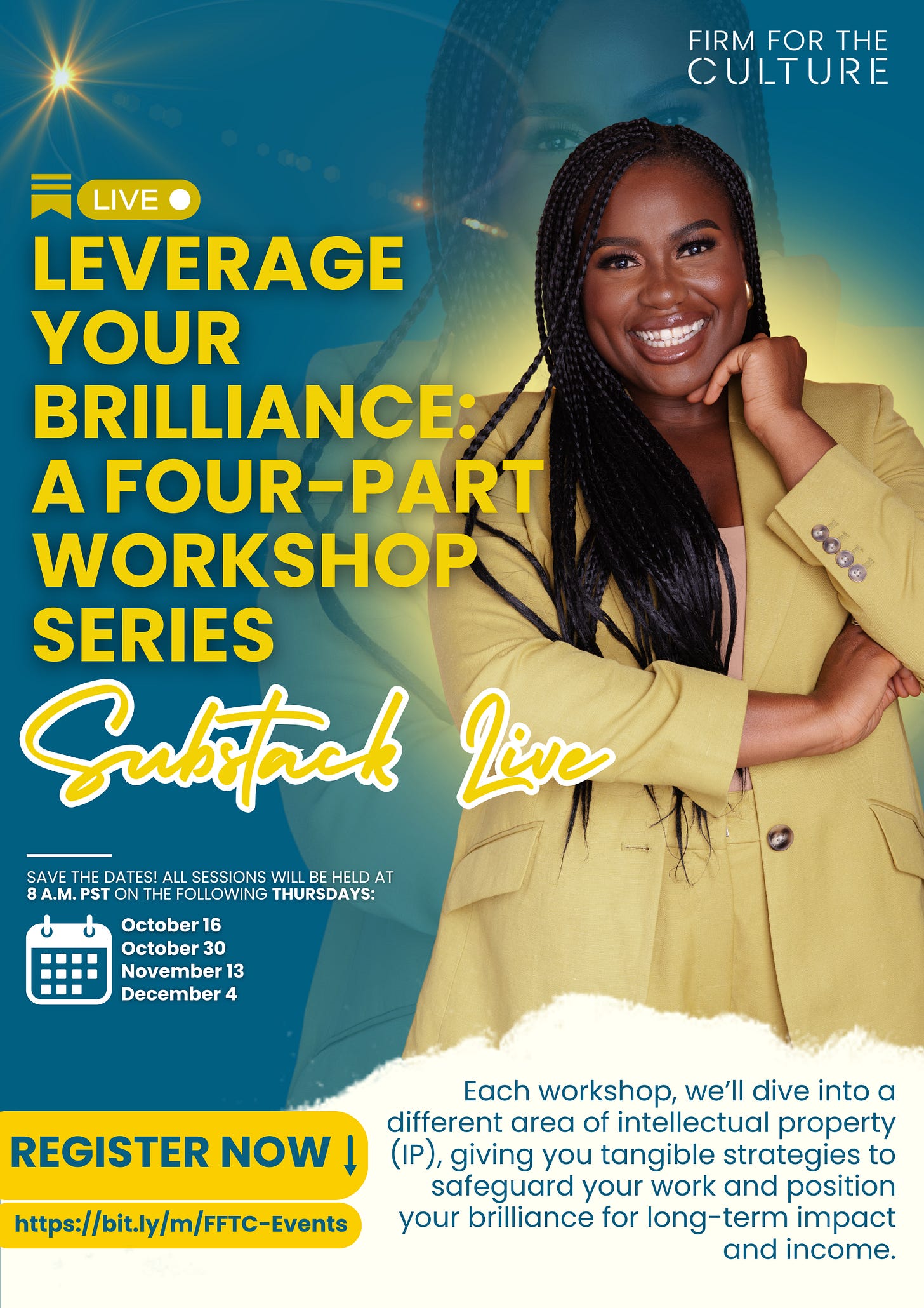
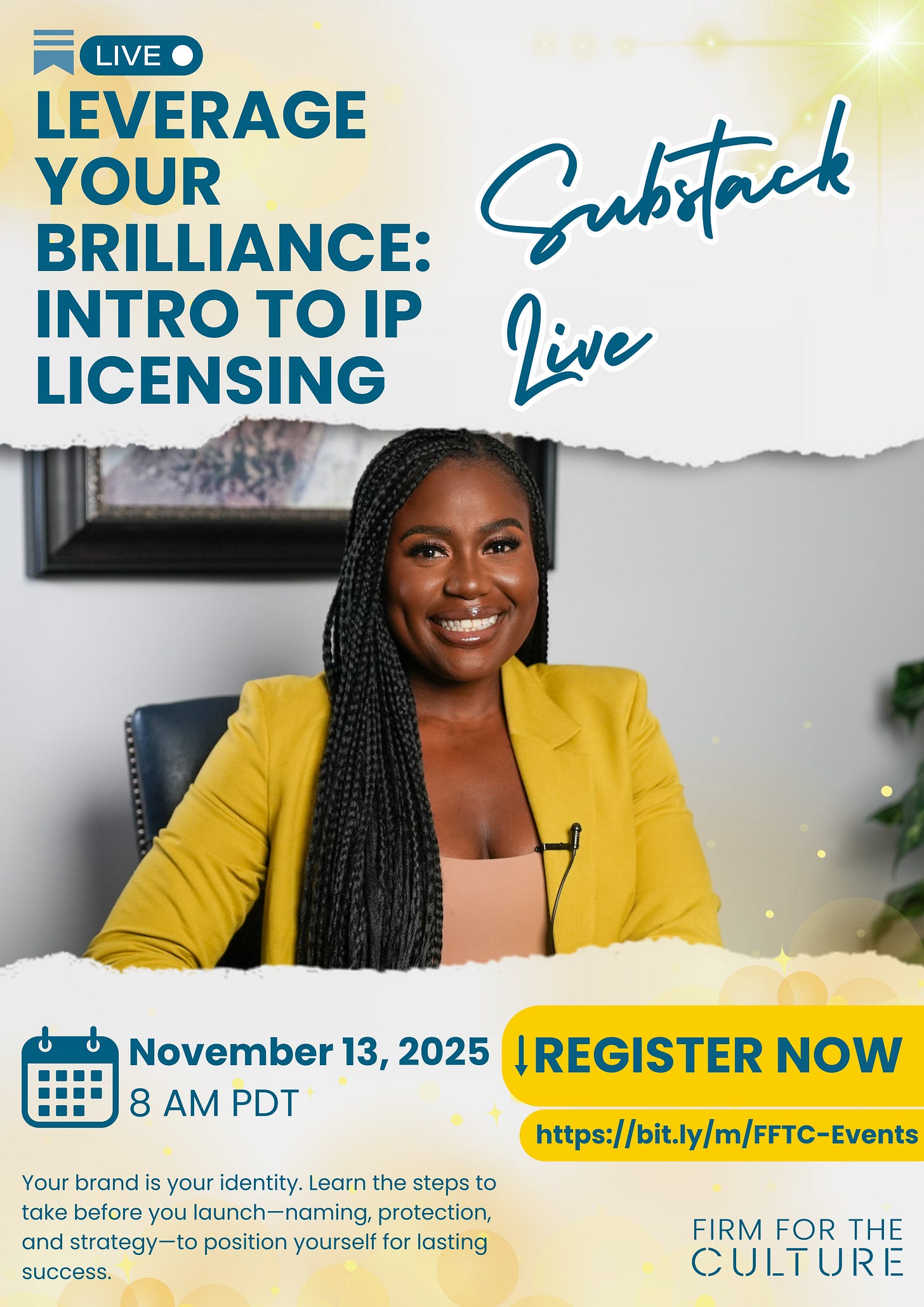

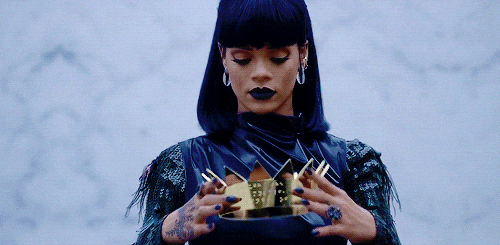
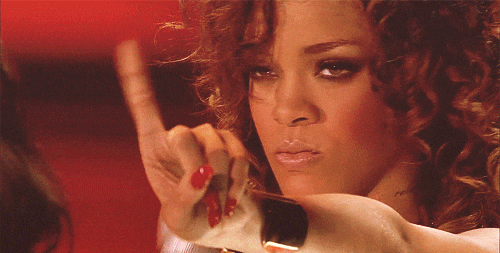

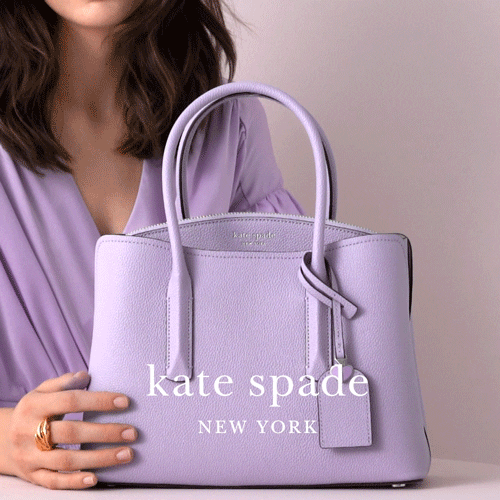
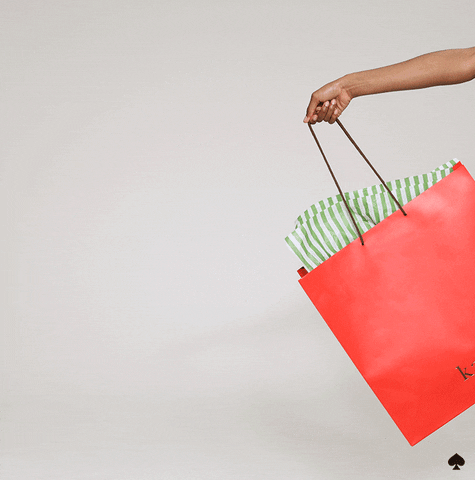
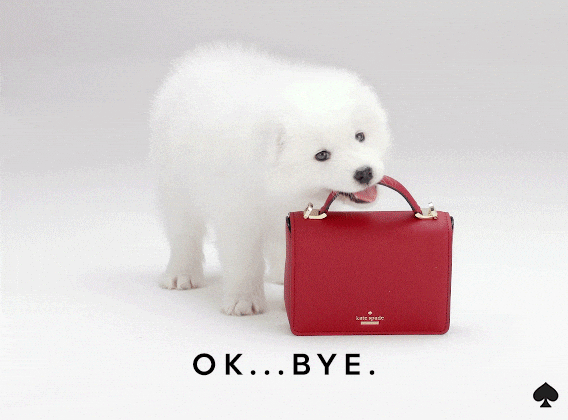

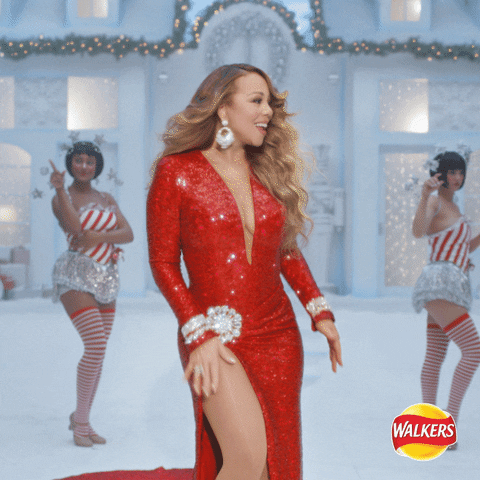




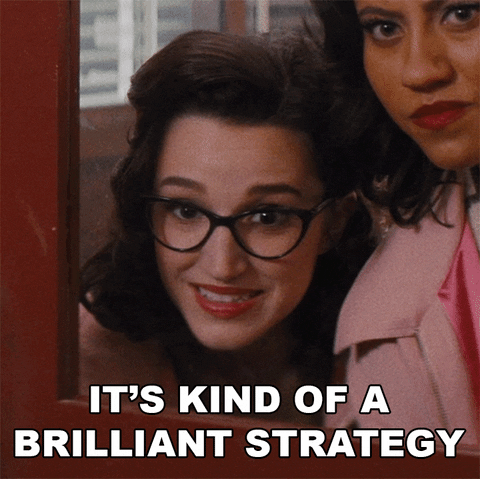

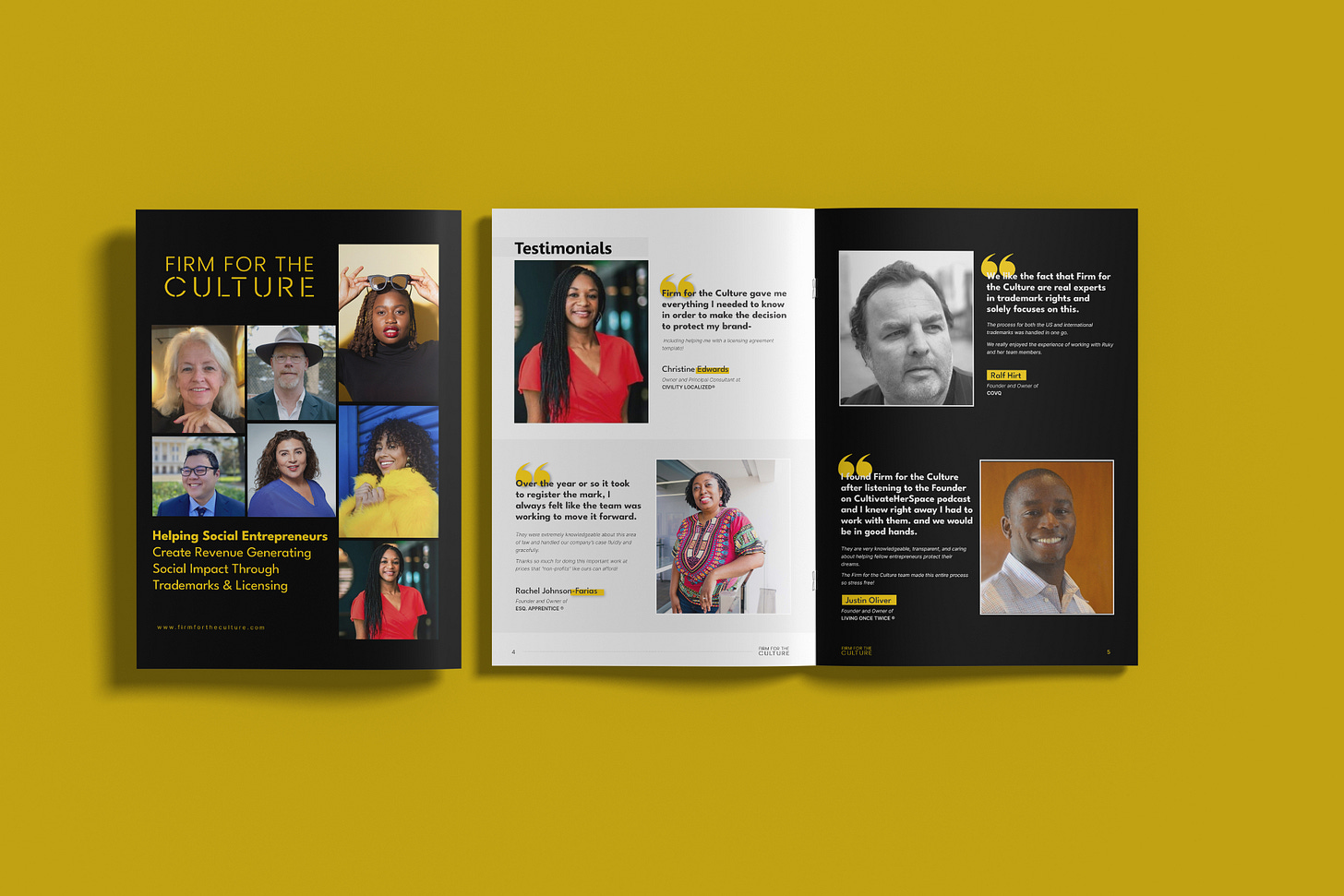
Great article. Coincidentally I just stumbled on this.
Apple engineers code-named a new Mac model “Carl Sagan”, to joke about the “billions and billions" in sales they hoped it would generate.
Sagan sent them a 'cease and desist' letter, on the basis the use of his name could be perceived as an endorsement.
Then they renamed it“BHA” (“Butt-Head Astronomer"), so Sagan sued for libel. But he lost, on the basis that Apple’s jibe was satirical.
The parties eventually settled. Not sure what the lesson is here but presumably Carl was too smart to try channelling Rihanna: I can't imagine the market embracing 'Butt-Head Astronomer' perfume or after shave.
https://en.wikipedia.org/wiki/Litigation_involving_Apple_Inc.
Brilliant breakdown. Most people spend years building the story and forget the signature. Ownership isn’t just about ideas, it’s about identity. Love how you make the legal side feel like legacy work.